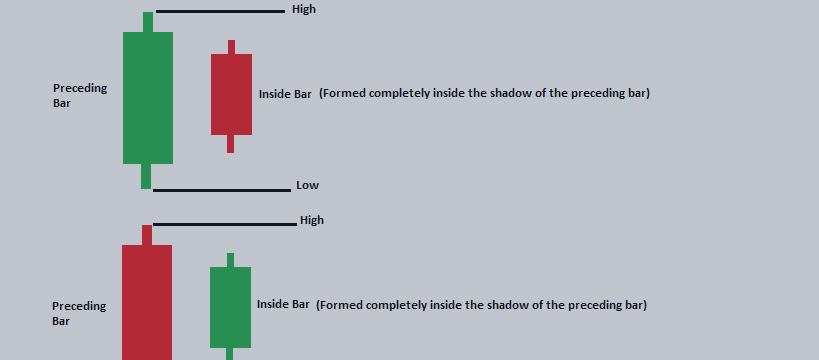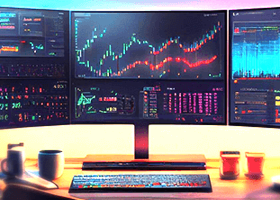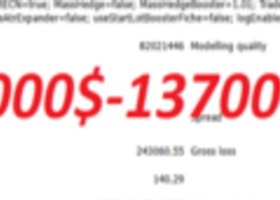FX Advantages Over Stocks And Futures
| Forex | Stocks | Futures | |
|---|---|---|---|
| Size & Liquidity | Largest and most liquid market in the world | Liquidity dependent on stock's daily volume | Liquidity dependent on month of traded contract |
| Execution Speed | Minimum slippage & order errors | Less liquidity, more room for slippage and error | Less liquidity, more room for slippage and error |
| Hours of Operation | 24-hour trading action for 5.5 days a week | Less than 7 hours trading time per day | Less than 7 hours trading time per day |
| Costs | Can be low spread and no commission on many pairs | from $3 (for electronic) to $10-30 (all others) | from $5 (for electronic) to $15-$50 (all others) |
| Long/Short Flexibility | Can profit in both bull and bear markets | Most people buy stocks instead of short-sell | Tend to have extended bearish periods |
| Short-Sell Restrictions | Can short-sell anytime | Restrictions on some traders & stocks | Trading restricted by limit up/down rule |
| Leverage | In US, 50:1; elsewhere from 50:1 to as high as 1000:1 | up to 2:1 leverage | up to 30:1 leverage |
| Min $ Requirements | Small min open & margin, generally: $50 for micro and $500 for mini accounts | Need > $500 for cash accounts; > $2000 for margin accounts | Open >$4000 |
| Flexibility of Position Sizing | Flexible position sizing: 0.01 (10 cents/pip) to 0.1 ($1/pip) to 1 ($10/pip) | inflexible position sizing: 100+ shares, multiplied by the stock value | inflexible position sizing: 1 contract = fixed & potentially over-leveraged trading |



